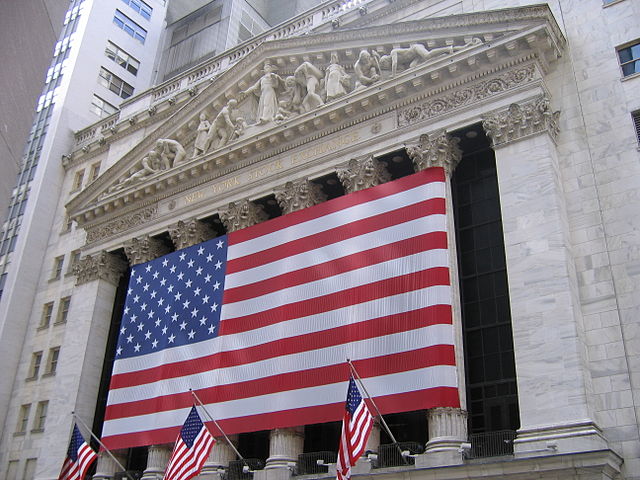Stocks rise and fall for many reasons, many of which seem very counterintuitive. So what are investors supposed to take out of Wednesday’s stock market sell-off? Hopefully, not much, but there is a lesson to learn here in evaluating the Dow Jones Industrial Average versus the S&P 500 Index and other indexes.
Wednesday started out strong, as a weaker-than-expected gain in the ADP Payrolls report came in at 130,000 for October, and as September’s gains were revised lower as well. This is bad economic news, but it is still positive and weak enough that Ben Bernanke and the Federal Reserve can keep spending $85 billion per month to buy bonds under quantitative easing.
The real issue may simply be that “the stock market” may not be as representative as one might hope. When the public refers to the stock market, it is almost always to the old-fashioned Dow Jones Industrial Average. That is only 30 companies, and the weighting of the index is based on the actual stock price of the companies, rather than their market capitalization rates.
The S&P 500 index had rallied to new all-time highs almost every day. The DJIA only hit a new high again on Tuesday, more than a month after previously hitting a new high.
We would blame the sell-off seen so far on Wednesday on something that should be the “Finally! Factor” going forward. Imagine how many savvy investors feel if the S&P 500, based on the exchange-traded market capitalization of the float of 500 top companies, has been hitting a new high and the old-fashioned DJIA index calculation only just started hitting new highs again.
They probably are deciding to take money off the table. Is this the start of anything sinister? Probably not. Just keep in mind that the FOMC announcement is coming around 2:00 p.m. EST, and all eyes will be watching what the Fed’s opinion will be about the $85 billion in monthly bond buying.
International Business Machines Corp. (NYSE: IBM) was the DJIA rally culprit on Tuesday. Its full buyback plan aims to take out more than 10% of its float over the next year or so. IBM still cannot grow much on its revenue, and its earnings quality on the path to $20.00 per share in earnings is driven by cost cuts and share buybacks.
Visa Inc. (NYSE: V) is now the most important DJIA stock because of its $200+ share price. It was only just added, and at $203.50 it is down less than 1% from its all-time high.
Goldman Sachs Group Inc. (NYSE: GS) is another fresh add to the DJIA, and it is now almost $8 down from its multiyear high of $170.00.
Boeing Co. (NYSE: BA) hit a new all-time high of $131.43 on Wednesday, but now shares are backing off to challenge $130.
This sure looks like profit taking as the indexes are adjusting to each other. Stay tuned, and do not forget about the FOMC announcement.
At mid-day, the S&P 500 was at 1,767.13, down by 4.82 or 0.27%. The DJIA was at 15,653.19, down by 27.16 or 0.17%.
It’s Your Money, Your Future—Own It (sponsor)
Are you ahead, or behind on retirement? For families with more than $500,000 saved for retirement, finding a financial advisor who puts your interest first can be the difference, and today it’s easier than ever. SmartAsset’s free tool matches you with up to three fiduciary financial advisors who serve your area in minutes. Each advisor has been carefully vetted and must act in your best interests. Start your search now.
If you’ve saved and built a substantial nest egg for you and your family, don’t delay; get started right here and help your retirement dreams become a retirement reality.
Thank you for reading! Have some feedback for us?
Contact the 24/7 Wall St. editorial team.





